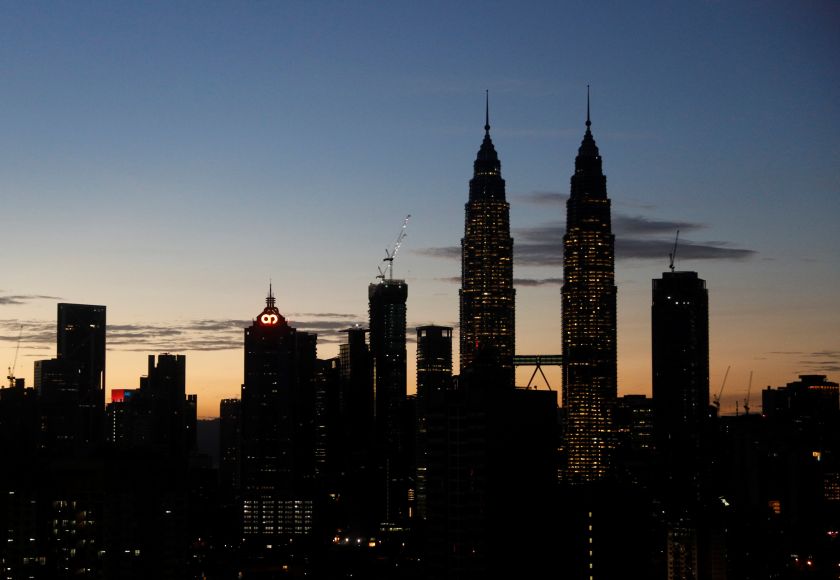KUALA LUMPUR, Jan 13 — In the short to medium term, the re-opening of the country’s economy is expected to spur demand in the industrial sector, as evident by improved transactional activities in the second half (2H) of 2021, said property consultancy firm Knight Frank Malaysia.
Knight Frank Johor branch director Debbie Choy said it is exciting to see emerging alternative asset classes such as data centres and workers’ dormitories entering the Johor Bahru market, namely GDS Holdings, Bridge Data Centres, and Wiwynn Corporation.
“With large investments in industrial and manufacturing facilities, coupled with the enforcement of Act 446 (Workers’ Minimum Standard of Housing and Amenities), as well as planned and upcoming industrial parks, are expected to lead to growth in this (workers’ dormitory) asset,” she said in a statement today in conjunction with the Knight Frank Malaysia 2H 2021 Industrial Sector report.
The report also noted that Malaysia’s Industrial Production Index (IPI), which read at 114.1 points as at the third quarter (Q3) of 2021, continued to remain above the 100-point threshold since June 2020, supported by strong performance in the manufacturing and electricity sectors.
The headline IHS Markit Malaysia Manufacturing Purchasing Managers’ Index (PMI) of 52.2 in 2021, above the 50-point threshold, is reflective of improving business and manufacturing conditions, the report said.
Meanwhile, Knight Frank Malaysia Penang branch executive director Mark Saw said the industrial sector in the state remained positive with expansions from significant foreign and local companies.
“The Penang state government, through the Penang Development Corporation, is also planning to open industrial parks of about 809 to 1,214 hectares (ha) in Batu Kawan Industrial Park 2 in Byram, Nibong Tebal, and 242 ha at Batu Kawan Industrial Park 3.
“This, coupled with plans to set up two more Global Business Services (GBS) facilities at Bayan Lepas Industrial Park and Bayan Baru, augur well for the state’s economic growth,” said Saw.
The improving market trajectory is expected to continue to accelerate moving into 2022, backed by gradual normalisation of economic activities and positive spillover effects from continued improvement in external demand.
Knight Frank Malaysia executive director of capital markets and industrial, Allan Sim said more organisations are dedicated to redesigning their supply chain around sustainability initiatives.
He said the evolving landscape of environmental, social and governance (ESG) compliance, especially among multinational companies (MNCs) from countries that mandate disclosure for more non-financial matrices, would bring new bearing on industrial real estate and demand the attention of developers to modernise industrial parks in 2022 and beyond.
“We expect to see positive demand in well-planned and mature industry developments. Industry land prices are likely to trend upwards driven by growth in the logistics and e-commerce sector, supported by new requirements and space expansion from e-commerce players as well as last-mile logistics service providers.
“However, we believe all eyes should be on the Regional Comprehensive Economic Partnership (RCEP), ESG, and also smart manufacturing, which are anticipated to bring about a paradigm shift to the industrial landscape as we know it,” said Sim.
RCEP is set to create the world’s largest free-trade zone for new trade and investment opportunities among the 15 Asia-Pacific participating countries.
It represents approximately 30 per cent of the world’s gross domestic product (GDP) and about a third of the global population.
“The RCEP agreement entered into force on January 1, 2022 for 10 of the participating countries, and Malaysia is expected to ratify the agreement soon.
“This largest trade agreement is anticipated to stimulate growth and investments across the region to unlock bigger opportunities for businesses and countries alike,” he added. — Bernama






















